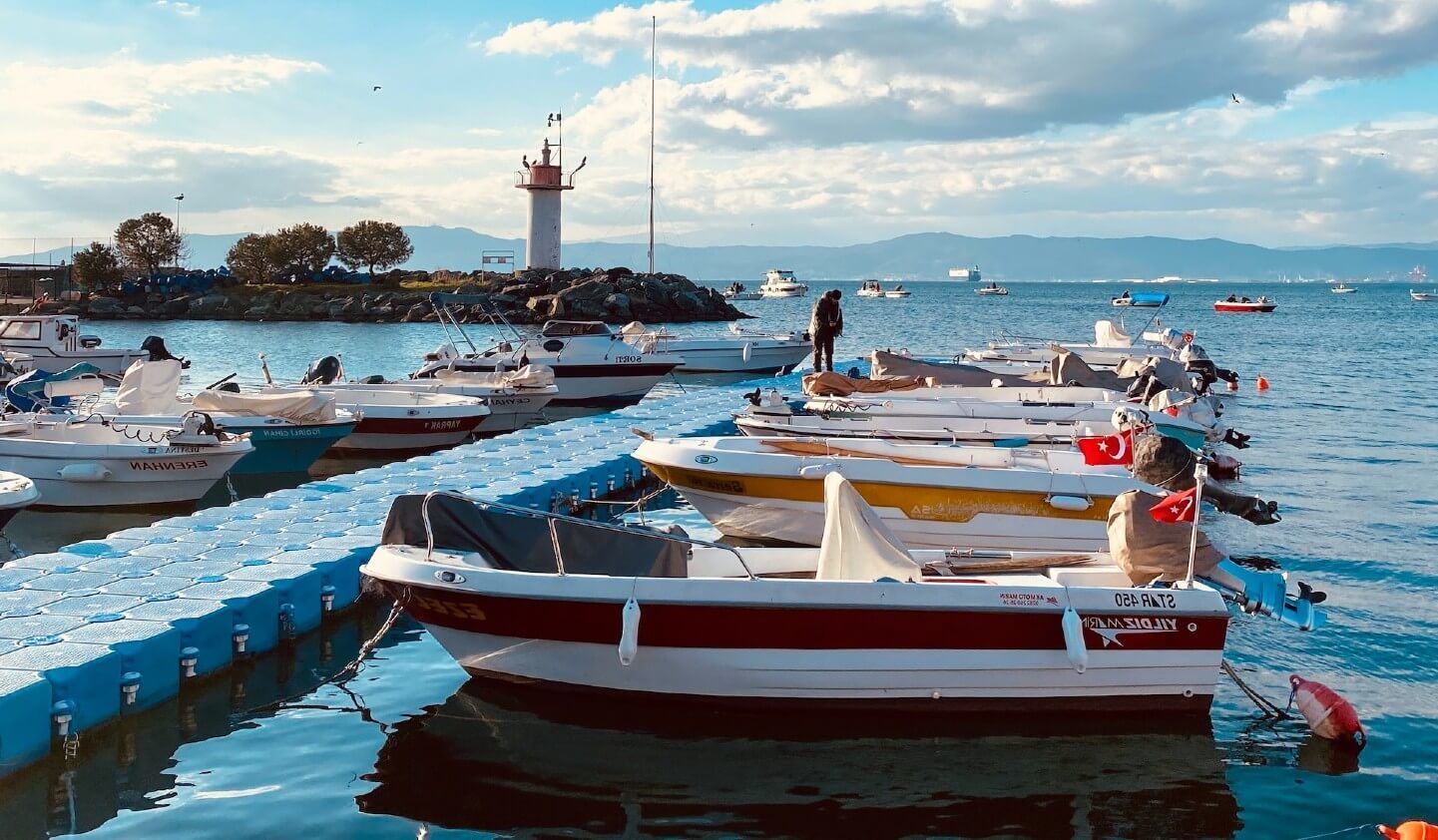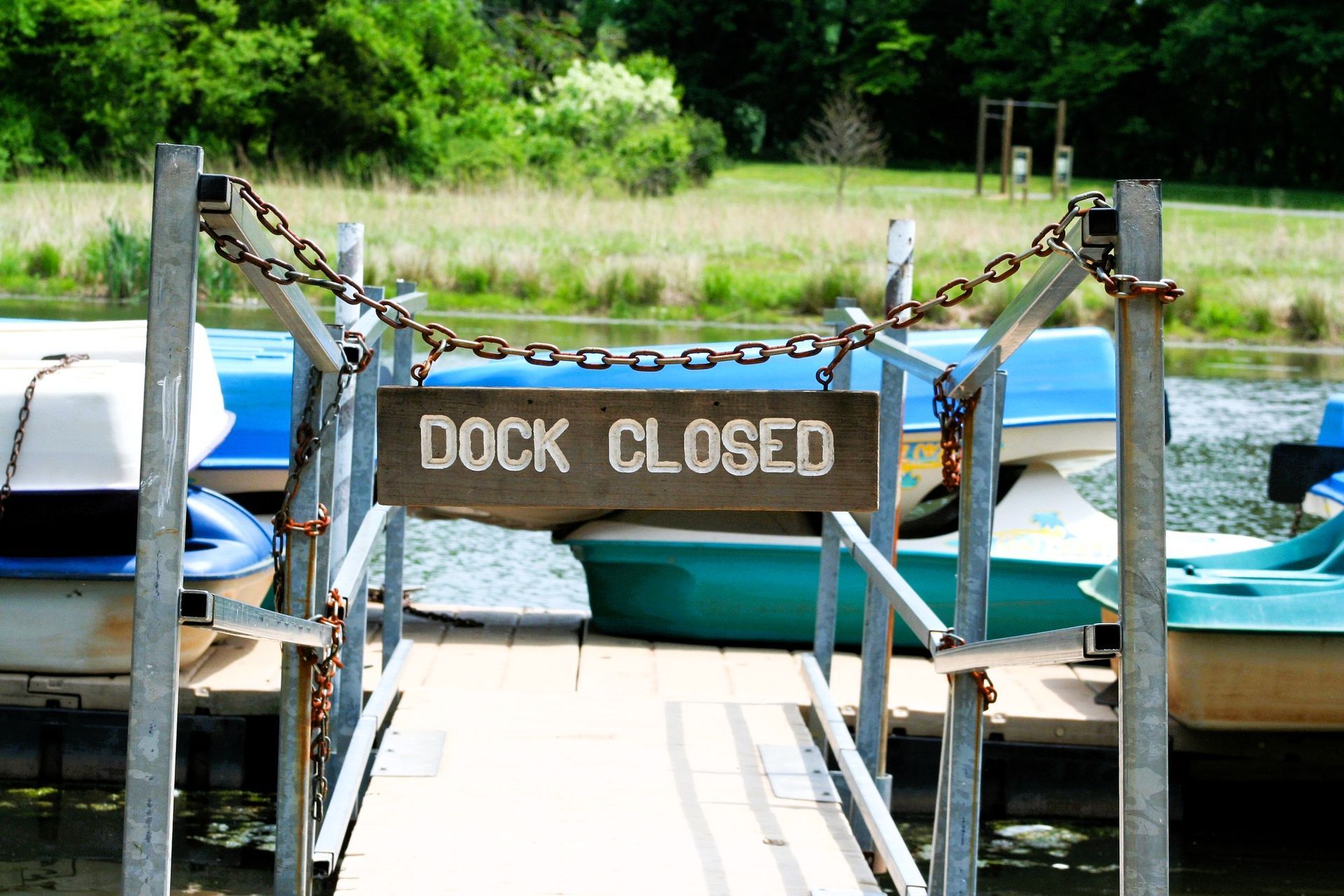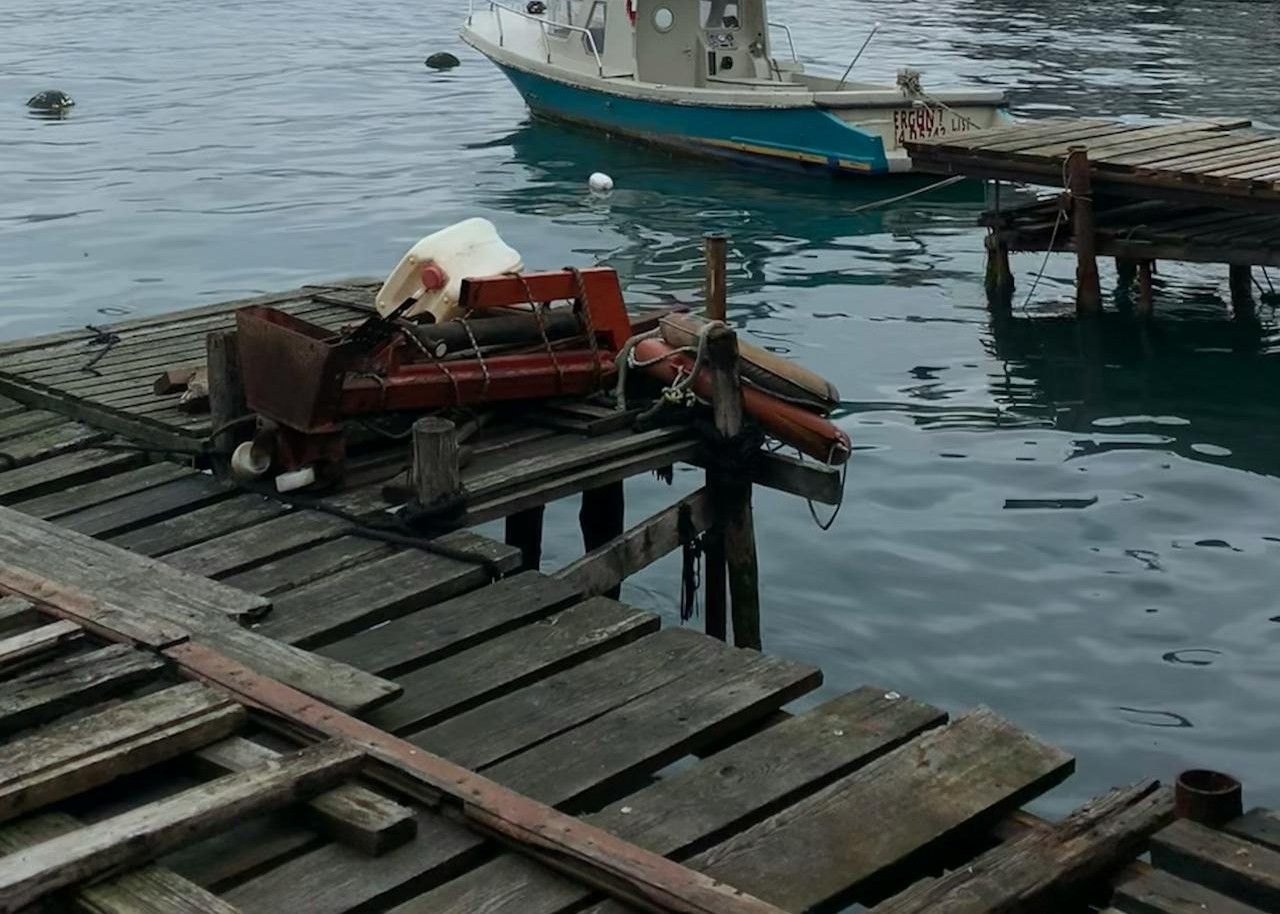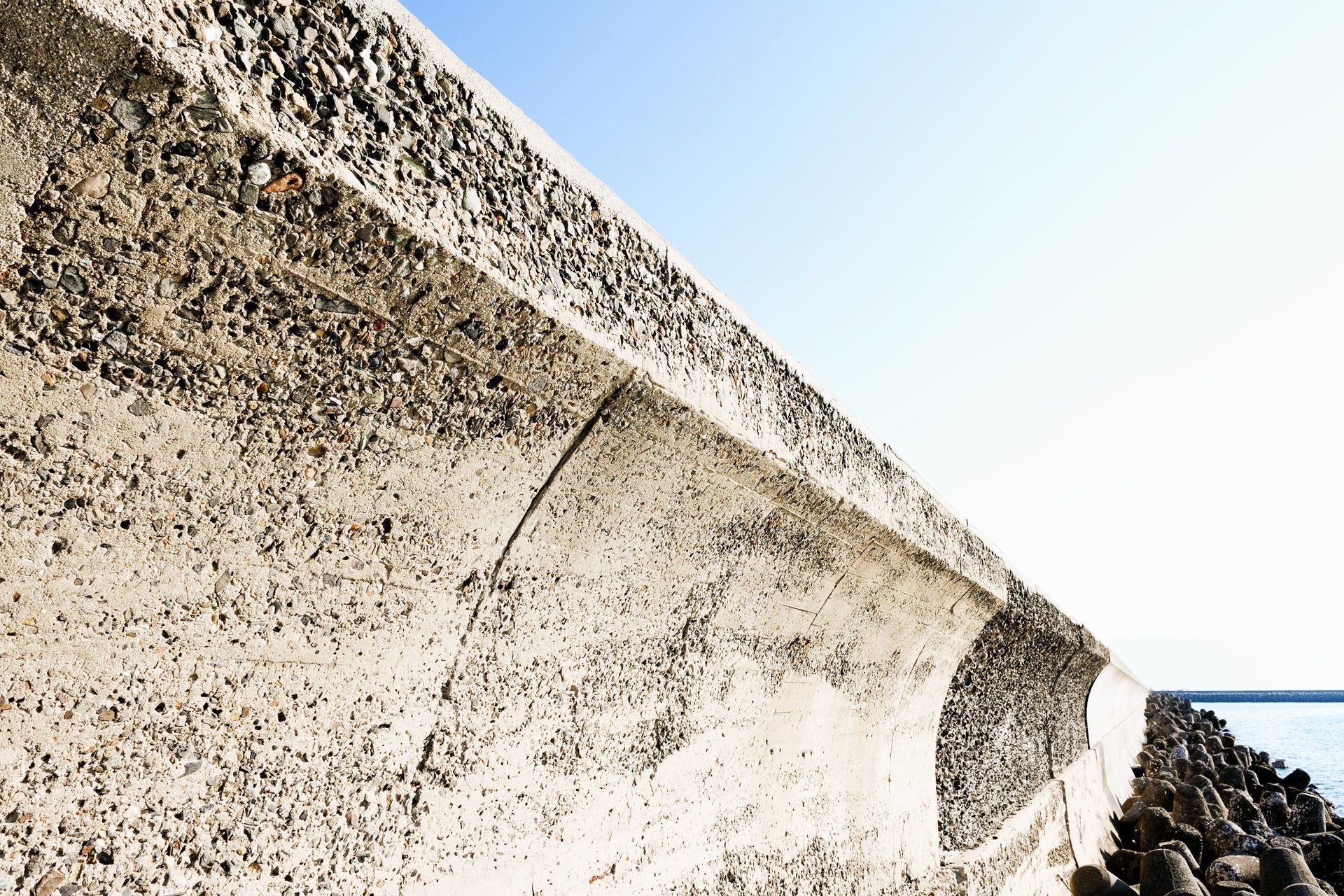Which Dock is Right for You: Fixed or Floating?
Floating or fixed docks? Know your situation to help you decide.

Getting a new boat dock can be an exciting time. You finally have the perfect spot for your boat, and you’re ready to start enjoying all that water sports have to offer. But what type of dock should you get? Fixed or floating? Both have their pros and cons, so which one is right for you? Let’s take a closer look.
What are Fixed Docks?
Fixed docks are, as the name suggests, fixed in one spot. They’re usually made of wood or concrete, and they can be attached to your shoreline or anchored into the bottom of the lake or river. Fixed docks are great if you have a calm body of water because they provide a stable surface for your boat. They’re also usually more affordable than floating docks.
Fixed Docks Pros:
- Fixed docks are stable and provide a solid surface for your boat.
- They’re usually more affordable than floating docks.
Fixed Docks Cons to Consider:
- Fixed docks can be difficult to install, especially if you don’t have access to a shoreline.
- They can also be dangerous in windy or choppy waters.
- If you have a deep body of water, your fixed dock may be too heavy to anchor in place.
What are Floating Docks?
Floating docks, as you might have guessed, float on the surface of the water. They’re usually made of aluminum or plastic, and they can be attached to your shoreline or anchored into the bottom of the lake or river. Floating docks are great if you have a deep body of water because they can be anchored in place. They’re also usually more durable than fixed docks.
Floating Docks Pros:
- Floating docks are great for deep bodies of water.
- They can be anchored in place.
- They’re usually more durable than fixed docks.
Floating Docks Cons:
- Floating docks can be more expensive than fixed docks.
- They can also be difficult to install, especially if you don’t have access to a shoreline.
- In windy or choppy waters, floating docks can move around and become dangerous.
Floating Dock vs. Fixеd Dock: Which Dock Is Right For You?
Answering this question will depend on a couple of factors. First of all, you need to consider the type of water that you have near you. If your water is calm, a fixed dock might suit your needs more. But if your water is deep or your shoreline is rocky, then the floating dock is the better option.
The second thing to consider is your budget. If you’re on a budget, fixed docks are usually more affordable than floating docks. However, they can be more difficult to install despite the light price tag. On the other hand, floating docks can be on the more expensive side. Still, they're easier to install, depending on the type of shoreline you have.
Last but not least, think about how safe your dock will be. If in windy or choppy waters, a floating dock can be dangerous because it can move around or be tipped over. So, if safety is a concern, you might want to choose a fixed dock since it is mostly supported and held stable by pilings.
Now that you know the pros and cons of each type of dock, you can decide which one is right for you. If you have any questions,
feel free to contact us at Tampa Dock Builders! Our team will be happy to help you choose the right dock for your needs.


